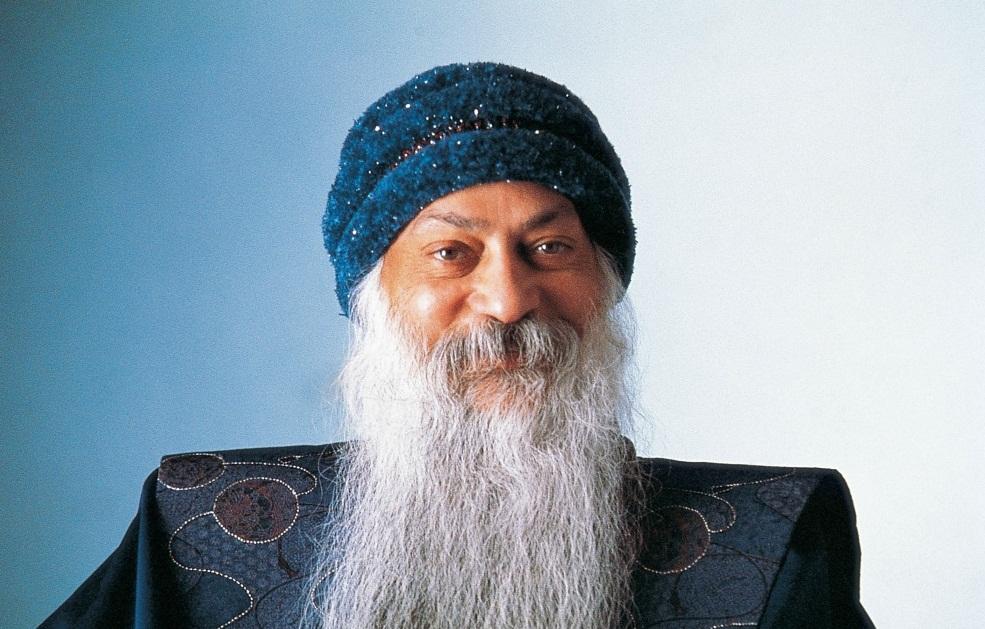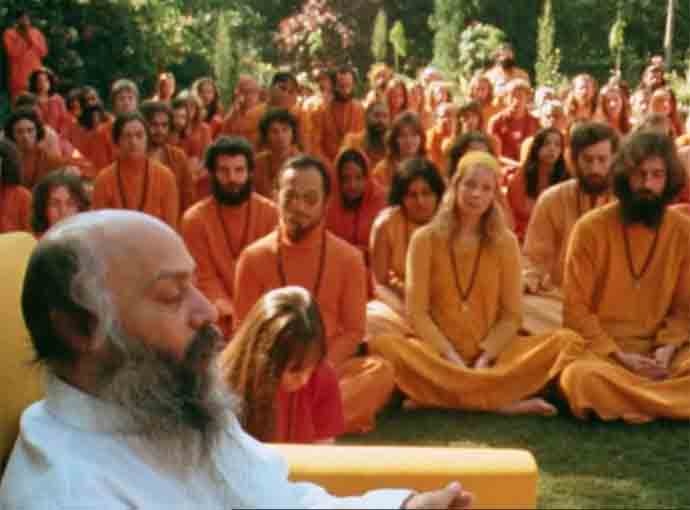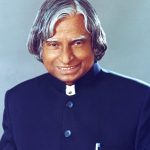OSHO
- Home
- Department
- OSHO
Osho, born Rajneesh Chandra Mohan Jain on December 11, 1931, in Kuchwada, India, was a prominent spiritual teacher and philosopher known for his unique blend of Eastern mysticism and Western thought. He advocated for a life of awareness, encouraging individuals to explore their inner selves and embrace their authentic experiences. Osho’s teachings emphasize the importance of living in the present moment, cultivating self-awareness, and finding joy in existence. His revolutionary ideas challenged conventional norms, inviting people to break free from societal conditioning and live life fully and passionately.
Osho gained international recognition in the 1970s and 1980s, attracting followers from around the world with his dynamic discourses on meditation, love, and the nature of consciousness. His emphasis on meditation as a tool for self-discovery encouraged countless individuals to seek deeper truths within themselves.


A Visionary of Consciousness
Osho believed that true transformation comes from understanding one’s own mind and emotions, promoting techniques that foster inner peace and clarity. His teachings resonate with those seeking spiritual growth, urging them to embrace their individuality and discover the depths of their being.
Jobs and Unemployment
City employment issue opportunities are position descriptions are listed.
Read MoreBusiness and industry
City employment issue opportunities are position descriptions are listed.
Read MoreRoads & Transportation
City employment issue opportunities are position descriptions are listed.
Read MoreLegacy of Peace
Central to Osho’s philosophy is the concept of freedom—freedom from the constraints of societal expectations and conditioned beliefs. He urged individuals to explore their desires and emotions without guilt, emphasizing that true liberation arises from embracing one’s nature. Osho’s teachings encourage a playful approach to life, suggesting that joy and laughter are essential components of spiritual growth. His ideas on love and relationships promote authenticity and vulnerability, inviting individuals to connect deeply with themselves and others.
Download Resources
- !All Osho Books (39883p) pdf (203887kb) [ download ]

Osho’s legacy continues to influence spiritual seekers and thinkers worldwide. His vast body of work, including books, lectures, and meditation techniques, has inspired a global movement toward mindfulness and self-exploration.

Osho’s vision of a more conscious society highlights the importance of compassion, creativity, and celebration of life. His teachings challenge individuals to rise above fear and embrace love, reminding us that spiritual awakening is a journey of self-discovery
Osho viewed meditation as a powerful tool for self-discovery and personal transformation. He taught that through meditation, individuals can quiet their minds and connect with their true essence, uncovering layers of conditioning and societal influence. His dynamic and varied meditation techniques, such as active and dynamic meditations, invite participants to experience their thoughts and emotions fully, allowing them to achieve deeper levels of awareness. Osho emphasized that self-discovery is not just about introspection but about experiencing life fully, urging individuals to embrace stillness as a means to awaken their inner wisdom and clarity.
A core tenet of Osho’s philosophy is the concept of freedom from conditioning. He believed that many individuals live in a state of unconsciousness, bound by societal expectations and inherited beliefs. Osho encouraged his followers to question these norms and to break free from the limitations imposed by society, family, and culture. He emphasized that true freedom comes from recognizing and transcending these conditioned patterns, allowing one to live authentically. By shedding these layers of conditioning, individuals can explore their desires, thoughts, and emotions, ultimately embracing their unique paths and fostering genuine self-expression.
Osho championed authenticity in relationships, advocating for open communication and emotional honesty. He believed that true connections arise when individuals embrace their vulnerabilities and express their true selves without fear. Osho encouraged people to cultivate relationships based on love and acceptance rather than societal roles or expectations. He emphasized that authentic relationships are grounded in mutual respect and understanding, allowing for deeper intimacy and connection. By fostering an environment where individuals feel free to be themselves, Osho’s teachings inspire people to engage in relationships that celebrate individuality and promote growth.
Joy and celebration are central themes in Osho’s teachings. He believed that life should be lived with a sense of playfulness and wonder, encouraging individuals to embrace each moment with enthusiasm. Osho emphasized that joy is not merely a fleeting emotion but a state of being that arises from living authentically and mindfully. He encouraged his followers to find joy in the simple pleasures of life, to celebrate existence itself, and to express gratitude for the present moment. By fostering a mindset of joy and celebration, Osho inspired countless individuals to cultivate a positive outlook and embrace life’s myriad experiences with an open heart.
Connect With Us
Newsletter
Subscribe for inspiration, updates, and exclusive offers!













